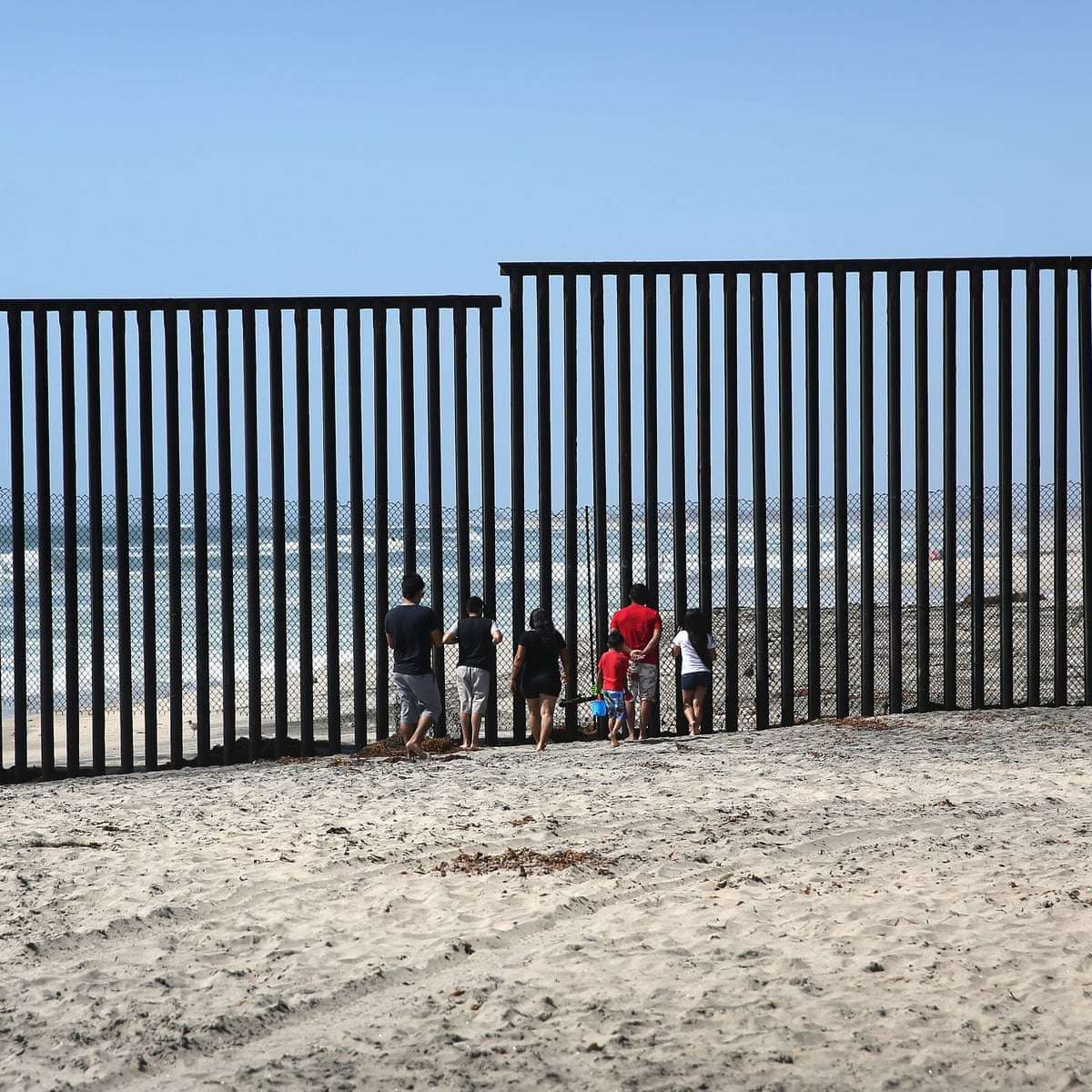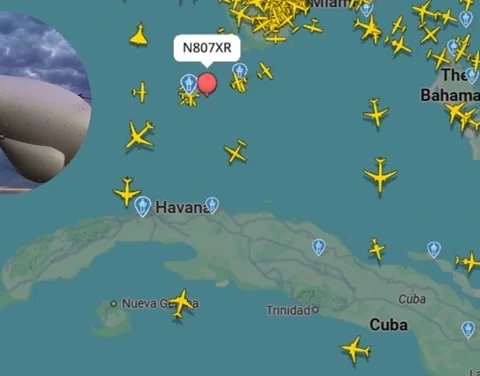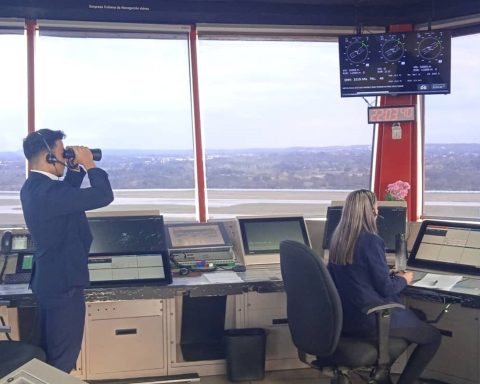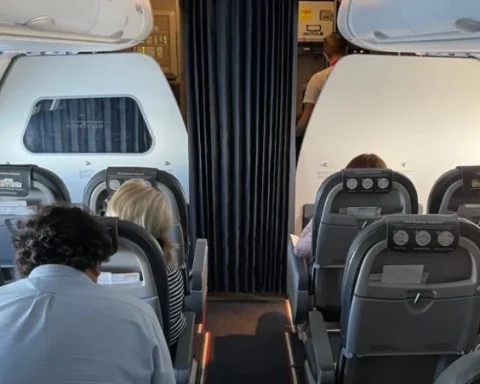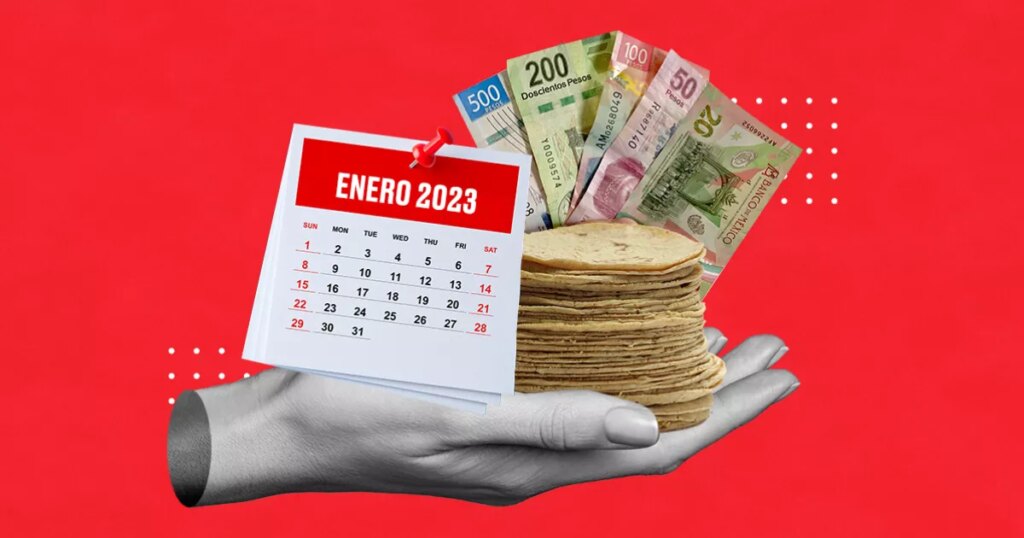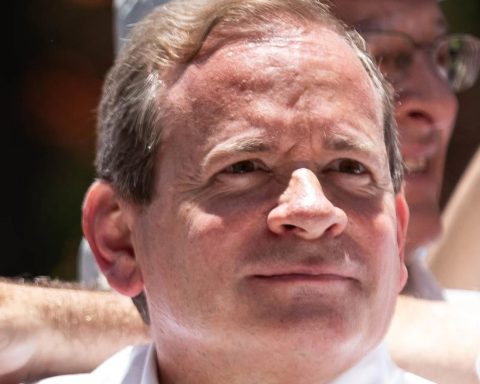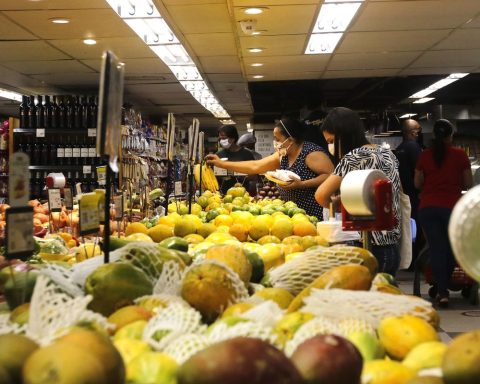The Biden administration is laying out plans to reduce the number of immigrants seeking political asylum at the Mexican border with a program that opens new avenues for applicants to apply for humanitarian visas while in their home countries, confirmed to NBC four sources familiar with the matter.
Among the proposals under consideration are new programs for Haitians, Nicaraguans and Cubans to apply for humanitarian parole, a parole of entry, from their countries of origin. The route to follow would be similar to a program launched this fall, which announced the admission of 24,000 Venezuelans who could show that they would be sponsored by friends or relatives in the United States. Since then, immigration authorities have denied entry to the vast majority of Venezuelans who appear at the border with Mexico.
The Department of Homeland Security (DHS) is also planning to give new training to asylum officers who interview immigrants at the border. Among other details, they would be trained so that applicants obtain protection if they qualify under the International Convention against Torture, something that sets the bar at a higher level than before to request asylum. In the Cuban case, given the fragile bilateral relations, it would be almost impossible for an asylum seeker to prove possible torture if he is returned.
Those who cannot show the likelihood of facing torture if returned to their home countries would have to prove that they first applied for asylum and were denied in a country they passed through on their way to the southern US border, four told NBC. sources familiar with the matter.
That model is commonly called a “traffic ban.” It was first put into practice in 2019 by former President Donald Trump’s hardline immigration adviser, Stephen Miller.
This Monday the secretary of the DHS, Alejandro Mayorkas, did not deny to NBC that the so-called traffic ban was being considered.
“I would have to see what it specifically proposes to understand what it provides, what it doesn’t provide. But let me say this: I believe deeply, as does this administration, in our asylum system. It is one of our crown jewels and we will continue to defend it”, Mayorkas stressed.
The net effect of the plan under consideration would be a drastic reduction in the number of migrants allowed to remain in the country while they apply for asylum. And an increase in the number who return to Mexico or are deported to their countries of origin.
Details of the plan may change, but the Biden administration has a statutory deadline to lift border restrictions stemming from the COVID-19 pandemic: December 21.
Since those restrictions, known as Title 42, began in March 2020, more than 2.4 million asylum seekers have been returned to Mexico.
Officials told NBC that if the ban is lifted, the number of migrants crossing the border could drop as low as 2,500 a day.
Some asylum advocacy groups and former and current Biden administration officials have taken issue with the plans, saying they go too far in cutting off avenues for asylum, and don’t do enough to safely receive qualified applicants. through an orderly processing system.
“They are playing dangerously with the machinery [implementada] by the Trump administration. That policy was, in effect, an elimination of access to asylum at the southern border for most applicants,” said Greg Chen, director of government relations for the American Immigration Lawyers Association.
He also said that opening up new legal avenues is unlikely to make up for the number of asylum seekers who will be denied entry. “I cannot imagine what they could legally do with their present authority that would substantially guarantee access to protection and humanitarian aid.”
The American Civil Liberties Union, (ACLU, for its acronym in English), which sued the Trump administration over the previous ban, stressed that it would do so again if the Biden administration tries a similar policy.
“We successfully sued over the traffic ban under the Trump administration and will immediately sue if the Biden administration renews that ban. A traffic ban is illegal regardless of which administration uses it,” said Lee Gelernt, an attorney for the ACLU.
A Biden administration official opposed to the plan told NBC that the White House should secure money to deal with the large movement of migrants throughout the Western Hemisphere rather than block their passage to the United States.
“This is not a raise; it’s a new reality,” she concluded.
